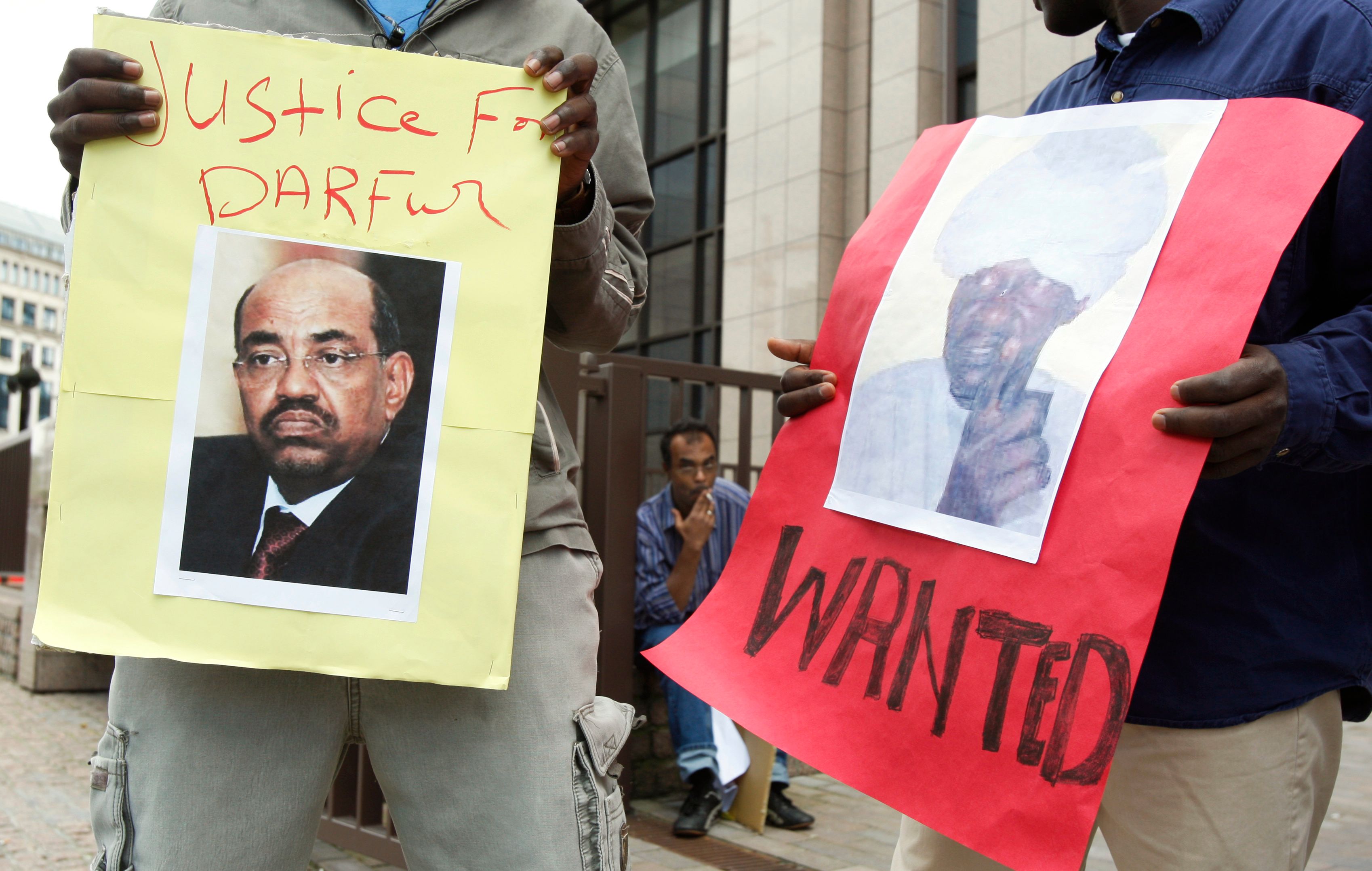Arrest of First Wanted Person for Darfur Crimes Strengthens ICC

Who was the arrested and what is he accused of?
In 2003–2004, Kushayb was one of the leaders of the so-called Janjaweed. These pro-government militias, under the pretext of fighting rebel groups in Darfur, massacred the non-Arab peoples of the region, mainly those from the Fur, Zaghawa, and Masalit ethnic groups. The ICC issued an arrest warrant for Kushayb in 2007, the first in the Darfur case, charging him with at least 50 counts of war crimes or crimes against humanity. On 8 June, Kushayb surrendered himself to the authorities of the Central African Republic, where he fled in February before he could be arrested by the new Sudanese authorities. After being flown to the Netherlands, the first, preliminary hearing between Kushayb and the ICC prosecutor took place on Monday (15 June).
Why was he arrested only now?
In 2009, the ICC—under pressure from pro-Darfur groups in the U.S.—issued a warrant in the case against Sudanese President Bashir, then the first sitting head of state to be targeted. The African Union, the Arab League, and the Organisation of the Islamic Conference criticized the ICC. They accused it of silence regarding the Israeli operation in Gaza in 2008-2009 and called on their members to ignore the letter. As a result of the paralysis of the investigation in 2014, the ICC stopped investigating the Darfur case. Th removal of Bashir from power in April 2019 created new circumstances. The leader was arrested and, among others, his former defence minister, Abdelrahim Hussein, and the former coordinator of all pro-government forces in Darfur, Ahmad Harun, also wanted by the ICC. However, the new authorities preferred to try them in the country.
How will the arrest affect Darfur and Sudan?
The Sudanese authorities are eager to return the around 2 million refugees and internally displaced people from Darfur, as well as to reintegrate former rebels. The peace agreement with most of the Darfurian factions—a means to achieve these goals—is expected on 20 June. In the course of the negotiations, the rebels could use Kushayb’s arrest to force the extradition of other wanted suspects, including Bashir. This is one of the main demands of the displaced persons. For their return, however, it is more important to improve security in the region. This is not conducive to the expiration at the end of this year of the UN-Africa Union mission in Darfur (UNAMID). The arguments of supporters of granting the new UNITAMS mission, established on 3 June by UNSC Resolution 2524 to support political change in Sudan, the additional mandate of protecting civilians will gain in strength.
What does the arrest mean for the ICC, which is struggling with the prospect of U.S. sanctions?
From the very beginning, the tribunal had to face accusations that it sat in “judgment over the weak”, that is was a neo-colonial institution of European domination over Africa. This criticism has increased the ICC’s involvement in cases from other parts of the world, including in Myanmar, Georgia, and Afghanistan. Proceedings in the latter case, where human rights violations are investigated, including by U.S. forces, provoked an angry reaction from the American president. On 11 June, Donald Trump authorised sanctions on ICC investigators conducting proceedings against U.S. and allied personnel abroad. Kushayb’s detention strengthens the ICC’s international legitimacy, justifies the need to maintain its independence, and increases the cost to Trump’s image of his stance against it.


